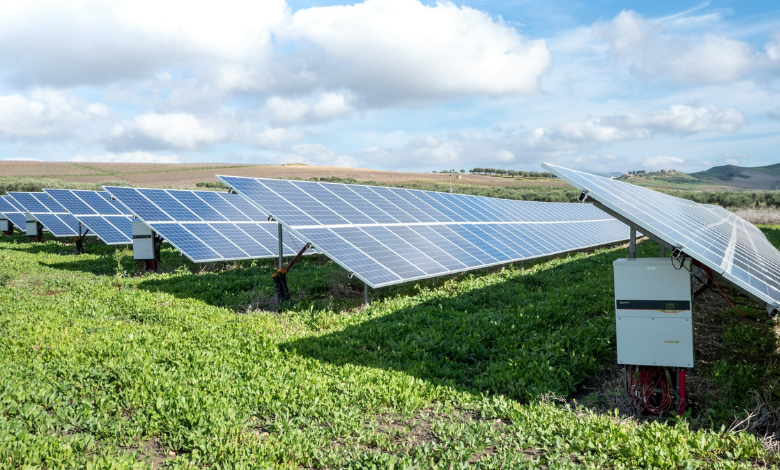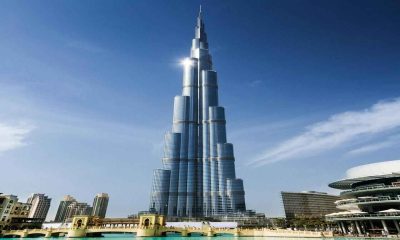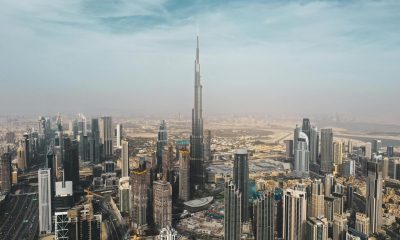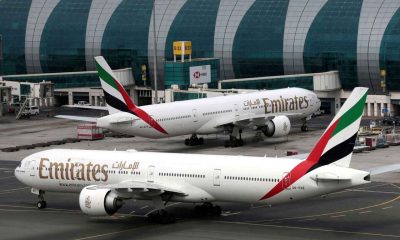The UAE Ministry of Energy and Infrastructure is set to participate in the World Future Energy Summit 2024 from Tuesday to Thursday as it plans to highlight the country’s achievements in the clean energy transition and its efforts to meet climate neutrality by 2050.
The upcoming Summit provides a significant opportunity to drive international cooperation in the clean energy sector to eventually ensure sustainable and affordable energy supply. It is expected to serve as a platform to exchange knowledge and experiences.
The 2015 Paris agreement seeks to limit global heating to 1.5 degrees Celsius above pre-industrial levels. But a combined effect of climate change and El Nino is causing global temperatures to surpass unprecedented levels lately.
Global temperatures surpassing unprecedented limits
The EU’s Copernicus Climate Change Service has regularly been updating statistics on global heating. It recently confirmed 2023 as the hottest year on record and later noted the third month of 2024 as the hottest March since global record-keeping began.
Moreover, the global average temperature for the past 12 months is the highest ever, at 1.58 degrees Celsius above the pre-industrial average. But it does not represent a breach of the Paris deal as such a circumstance requires long-term surges in temperature over several years.
Explore UAE’s focus on climate change mitigation
1. COP28 Summit in Dubai arrives at UAE Consensus
The UAE is prominent across the globe for its focus on adopting the latest clean energy practices and technologies. It hosted the annual COP28 Summit in November, delivering the landmark UAE Consensus that calls for a transition away from fossil fuels.
The climate conference achieved a notable success on its first day itself as participating countries agreed to operationalise the Loss and Damage Fund to compensate vulnerable countries for consequences of climate change.
2. UAE Energy Strategy 2050 in focus
Last year, the Gulf state updated its UAE Energy Strategy 2050 to increase the share of clean energy in the energy mix. The strategy seeks to raise individual and institutional energy consumption efficiency by 42-45% by 2030, compared to 2019.
The strategy also aims to triple the share of renewable energy by 2030, increase the installed clean energy capacity from 14.2 GW to 19.8 GW by 2030 and surge the share of installed clean energy capacity in the total energy mix to 30% by the end of the decade.
3. UAE’s National Hydrogen Strategy 2050
The UAE has also launched the National Hydrogen Strategy 2050 to meet its climate change mitigation objectives. The nation’s focus on sustainability and climate neutrality remains highly deepened as it takes confident steps to build a better future for all.






















